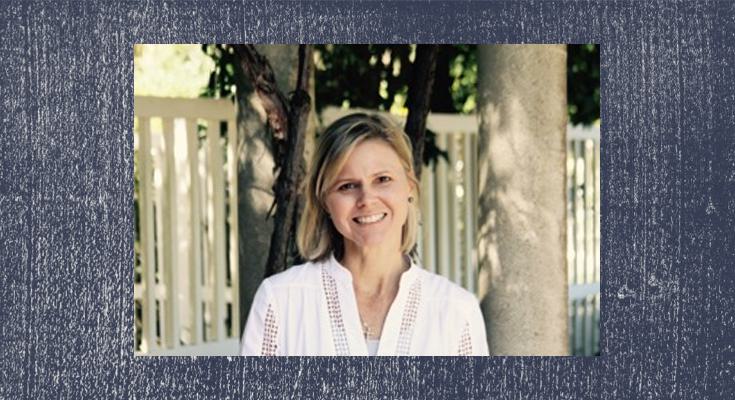As a former attorney and English teacher, I love a good argument. It’s not because I enjoy controversy or simply exercising my wits. It’s because I believe the process of creating — and then debating — a well-constructed argument is actually an art that can be radically productive for society.
The beauty and success of a good argument is often found in its building blocks. When a person entertains a debatable position, researches and evaluates credible evidence, thoughtfully and logically considers alternative viewpoints, and then forms a final conclusion, it often leads to personal growth and deeper understanding that echoes the scriptural directive to “test all things [and] retain what is good.”
More importantly though, when such well-developed arguments advance into the public square for further debate and earnest scrutiny, the public discourse that follows allows for an even deeper vetting of ideas (and further removal of errors) that benefits society as a whole.
It is indeed an art that — when executed properly — can be socially transformative.
It’s also a lost art in need of rescue.
We need only examine the national stage and witness the way our political leaders have increasingly exchanged the art of sound argument for a reckless and disordered rhetoric.
Rather than welcome opposing ideas in a common pursuit of truth, our leaders deny the possibility of pursuing (or even the existence of) any objective truth. Rather than consider and weigh alternate viewpoints, they attack, demonize or, even worse, silence those who have them. Rather than honestly evaluate evidence, they hide whatever runs contrary to their position and highlight what runs favorable to it. Rather than reflect or adjust their position in light of that public discourse, they dismiss contrary arguments without thought.
They have indeed grown comfortable minimizing the importance of valid argument (and the normal governmental processes that allow for it) and instead push their unvetted and predetermined positions on others.
President Biden’s COVID action plan and its worker vaccine mandates offer a troubling example.
After expressing frustration with those who remain unvaccinated from COVID, Biden declared in early September his administration would impose worker vaccine mandates, not just on federal contractors through an executive order, but also on private companies with 100 workers or more through the Labor Department’s Occupational Safety and Health Administration’s emergency temporary standard. This first avoids the legislative process, and second bypasses the agency’s traditional public notice and comment requirements — and both acts abandon any meaningful argument on the subject.
These mandates raise legal, economic, medical, and moral questions that deserve intentional scrutiny before any enactment or adoption. They also pose serious concerns for families facing real consequences to their health and livelihood, and thus deserve the kind of argumentative exchange that forces leaders to convince the people their position is sound.
It apparently doesn’t matter.
This administration has chosen a path that avoids any productive argumentative process and simply waits for state laws or lawsuits (that could come too late for many) to settle the problem. With this kind of national leadership, it’s no wonder the American people feel like we are stuck in a constant state of division.
It’s also no wonder we doubt what we are told.
I suspect the problem is that allowing and engaging in the art of argument in the public square requires a fair amount of virtue. It requires a fidelity to the truth, honesty to assess the evidence, humility to admit when one is wrong, fortitude to pursue what is just, and a little patience with the human condition. And our national leaders have shown us time and time again that virtue is not something they still value.
Fortunately, most Alabamians still do.
That’s why the national status quo must not dictate our political experience. The art of argument can be rescued from its impending death, but it has to be intentional and it has to start with us … in our state house … in our agencies … in our city halls … in our communities … in our local media.
It will likely make some people uncomfortable. It will likely take some adjustment. It will likely take some practice. But over time it will help us find what has been lost.
Krissie Allen is a former attorney and English teacher who writes about issues impacting faith, society, and good sense. The views and opinions expressed here are those of the author and do not necessarily reflect the policy or position of 1819 News. To comment, please send an email with your name and contact information to Commentary@1819News.com










